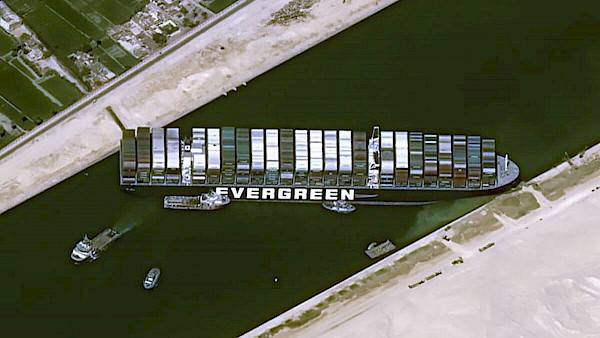Episode transcript The transcript is generated automatically by Podscribe, Sonix, Otter and other electronic transcription services.
Ricardo (4s):
Ricardo (45s):
Ricardo (1m 26s):
Ricardo (2m 9s):
Ricardo (2m 51s):
Ricardo (3m 33s):
Ricardo (4m 25s):
Ricardo (5m 7s):
Ricardo (5m 49s):
Ricardo (6m 30s):
Ricardo (7m 13s):
Ricardo (7m 56s):
Ricardo (8m 42s):
Ricardo (9m 27s):

